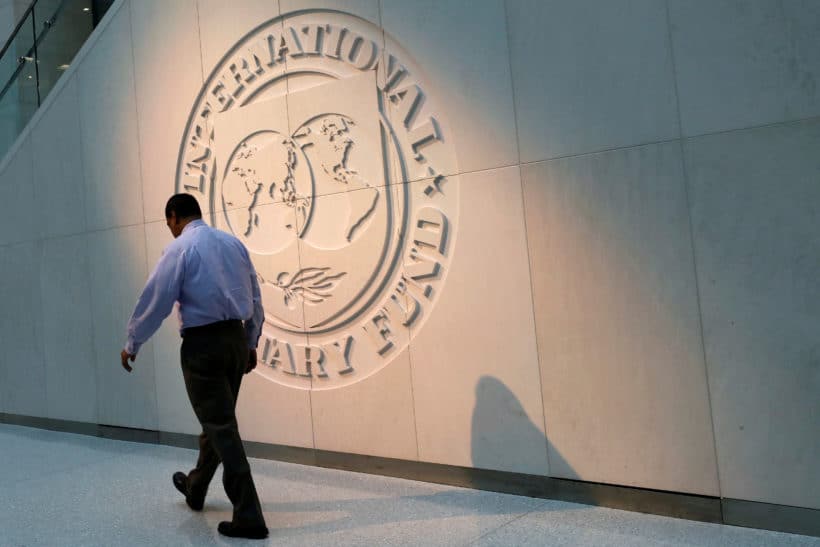
WASHINGTON, April 11 (Reuters) – IMF chief Kristalina Georgieva on Thursday said higher U.S. interest rates were not great news for the rest of the world and could become a worry if they continued for a long time, but she thought the U.S. Federal Reserve was acting prudently.
Georgieva, speaking at an event hosted by the Atlantic Council, said the U.S. government could also look at taking other measures to ensure that the U.S. economy was not overheating, but gave no details.
“Higher interest rates for the rest of the world is not great news. Higher interest rates make the U.S. more attractive so financial flows come here and that leaves the rest of the world somewhat struggling,” she said.
Higher rates also drove the value of the dollar higher, which meant other countries’ currencies were weaker.
“If it continues for a long time, it could become a bit of a worry in terms of financial stability,” she said.
Consumer level inflation data for March released on Wednesday was unexpectedly strong, casting further doubt on the Fed’s current forecast of rate cuts at some point later this year.
The unfavorable price pressure data comes as other reports also pointed to sturdier inflation over the start of the year, challenging the Fed’s most recent projections that penciled in three rate cuts this year.
Minutes from the U.S. Federal Reserve showed officials worried that progress on inflation may have stalled, and a longer period of tight monetary policy would be needed to tame it in the world’s largest economy.
Investors who had earlier expected a rate cut in June now see September as a likelier timing for the easing cycle to begin, following a third consecutive stronger-than-forecast reading on consumer inflation.
Georgieva said the U.S. economy had been successful because it was more innovative, opening space for entrepreneurship at a time of accelerating technological change.
The U.S. labor market had also held up well, with labor supply boosted by immigration, which in turn helped keep wage growth under control, she said.
The Biden administration’s Inflation Reduction Act and earlier COVID aid had helped support growth, she said, adding that the International Monetary Fund saw some scope for the U.S. government to address lingering inflation and work toward a soft landing for the economy.
“So fasten your belts,” she said. “At some point we will be landing.”
(Reporting by Andrea Shalal; Editing by Bill Berkrot)